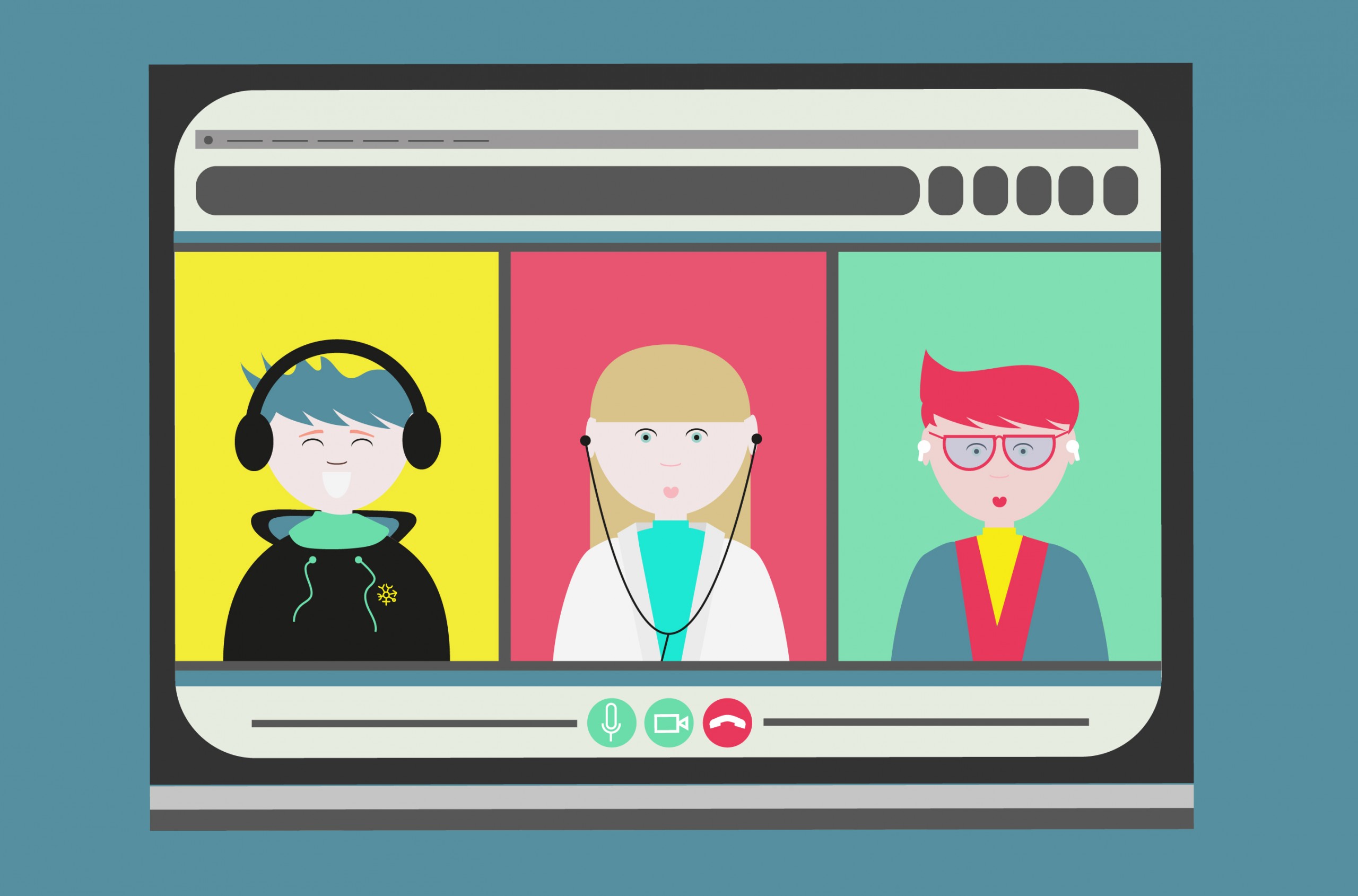Feminist project management in Covid-19 crisis
By Paula de Dios Ruiz, Universidad Complutense de Madrid and SUPERA project manager
One of the main challenges of the SUPERA project has been grappling with Covid-19 crisis. At the beginning of the project, we were planning to implement several activities with the conviction that face to face discussions were crucial to change mindsets and policies. Suddenly, in March 2020 the Covid-19 crisis led to emptiness of campuses and the imminent shift toward remote work.
SUPERA partners were used to working online among our international Consortium, thus we rapidly transferred our local activities to online formats, using new online tools to continue our co-creation processes of GEPs design, however new challenges emerged that so far no one had experienced before.
During the tough lockdown period, the main problem was to balance personal and professional life; as a consequence of that, gender inequalities in research and academia were aggravated, as the surveys conducted by our institutions revealed. However, this has not been the only consequence of Covid-19 crisis.
In the following list, I would like to highlight some lessons learnt during the last two years of project management in times of Covid-19 crisis.
- If someone is not answering my emails or complying with deadlines, I should address the situation with flexibility and understanding, because there is a wide range of particularities affecting every person in these times, especially women with care responsibilities.
- Online tools are not user-friendly for everybody, so it is important to be patient and supportive and avoid awkward situations. Feeling clumsy in online meetings could lead to lack of participation and, due to gender and age technology gaps, we can infer who will be less involved.
- Online meetings, as well as face-to-face ones, require facilitation and time management. Since the Covid crisis started, a lot of meetings have been set up with no clear aim, just because it’s easy and convenient to arrange one. However, without a clear agenda and goal, meetings easily become time consuming and frustrating, so it’s crucial to prepare them in advance and avoid overtime and online fatigue. Taking into account that at certain moments it’s highly likely that participants (especially women) are simultaneously at the meeting and taking care of someone at home. Thus, every time a meeting is held, have a clear objective, agenda and stick to the time allotted.
- Additionally, it’s important to facilitate meetings in which we guarantee attendees´ total participation. It goes without saying that it’s pretty easier to be mute in a virtual meeting than in a face-to-face one. Women tend not to speak out as often as men do. In view of this fact, I strongly recommend putting into practice participatory techniques. A good example of this would be to let participants know in advance that a round of opinions will be asked for. Another tip would be to use the chat box instead of giving the floor, which will make participation more inclusive.
- Mental health problems have always existed, however since the outbreak of Covid-19 there has been a dramatic surge of these cases of anxiety, stress and depression. Consequently, medical leaves have kept soaring drastically. Therefore, we should be aware of this reality and treat it respectfully, with confidentiality and avoid stigmatizing.
- Sexual harassment and gender based violence has been still ocurring eventhough we are all telecommuting. Therefore, as always, we must be sensitive, act in those cases where we have clear evidence and be supportive to women at risk of violence.
- This crisis has been experienced in different ways by each of us, depending on each one’s family situations, health conditions, place where we live, loss of close relatives due to Covid, hospitalization due to Covid… As a consequence, each one has different perceptions of risks, concerns, vaccination status and willingness to establish higher or lower prevention measures. If we are planning a presence event we must deal with this diversity, discuss it openly and not put anybody in an uncomfortable situation, or expose anyone to risks without previous agreement.
All in all, a feminist approach in project management is a must when we are working on gender equality projects which, in my opinion, means that we must understand and boost diversity, give value and visibility to all types of knowledge and put care responsibilities and live needs at the center of our managament, because feminist theory must be put into practice also in management practices.


